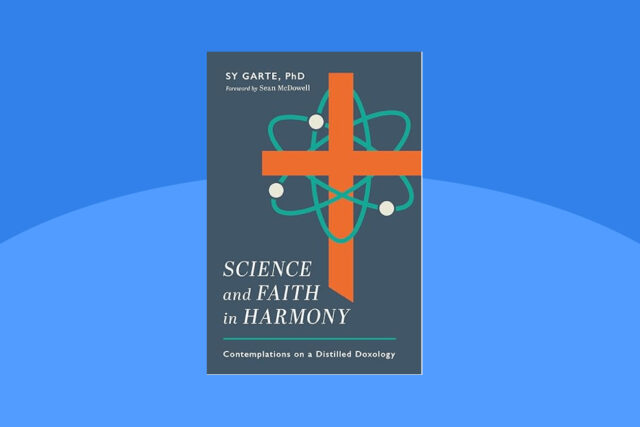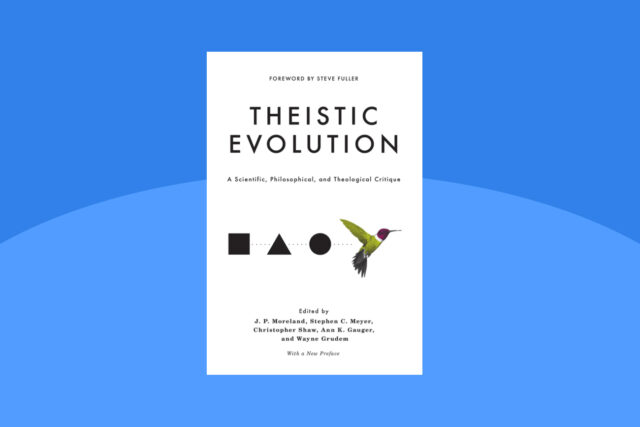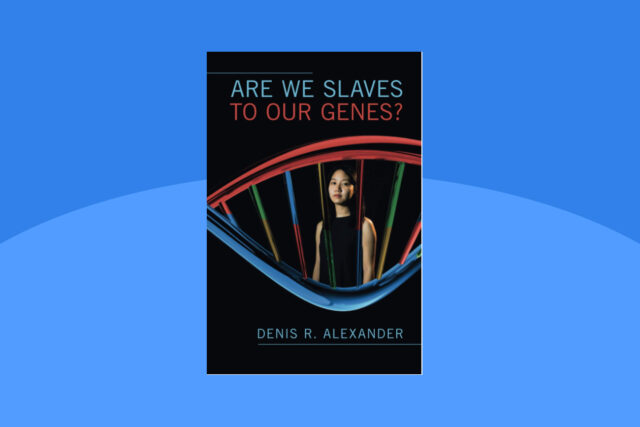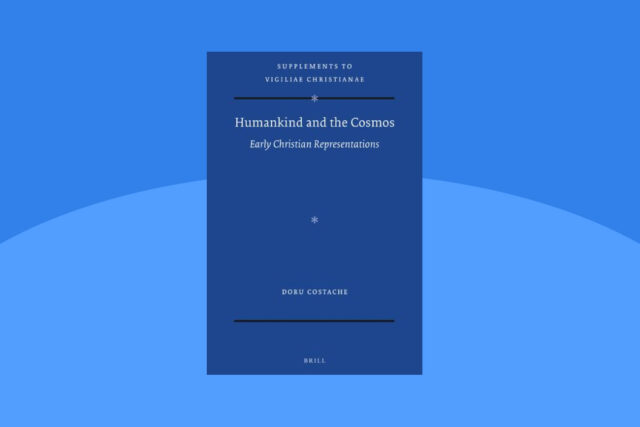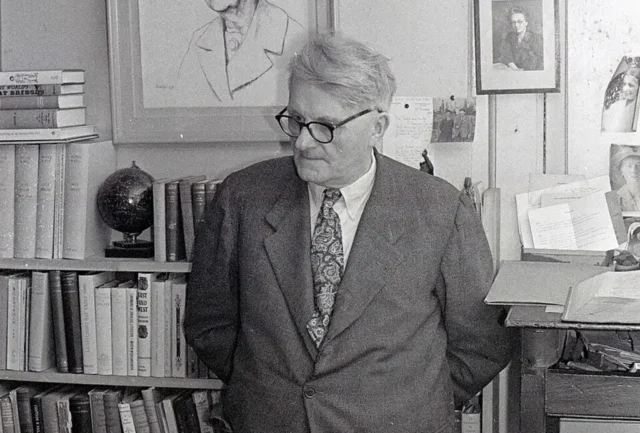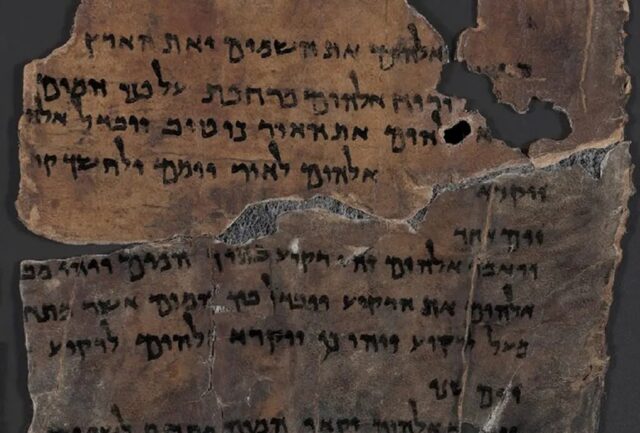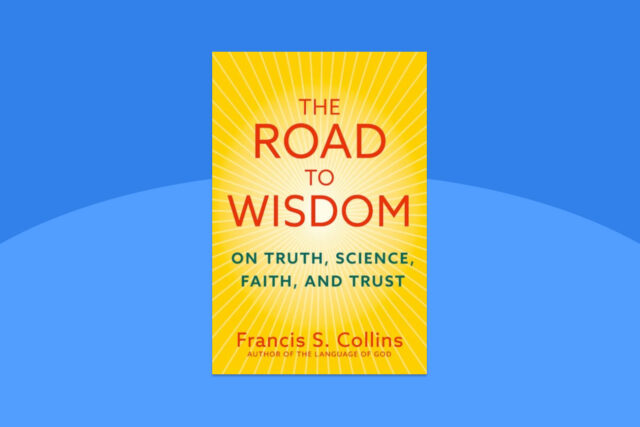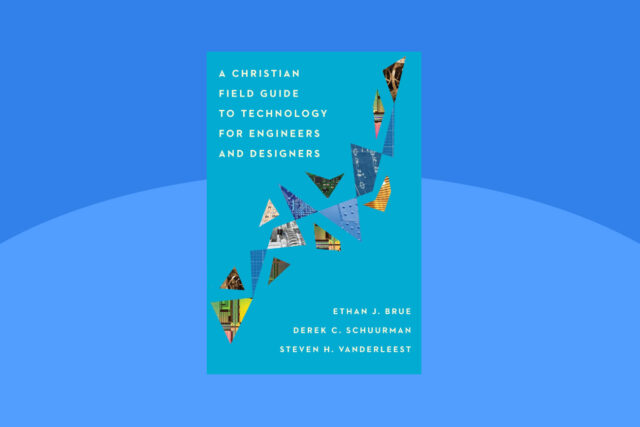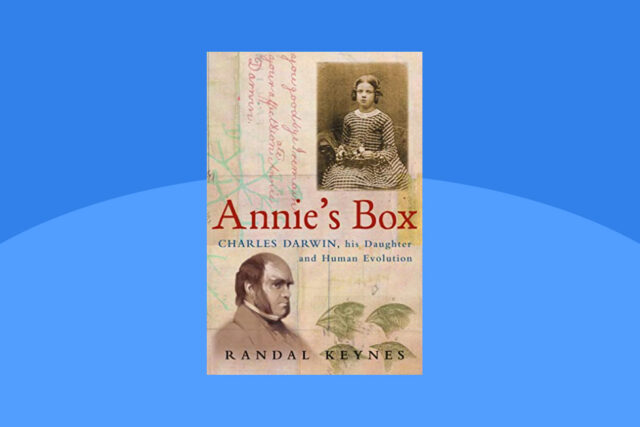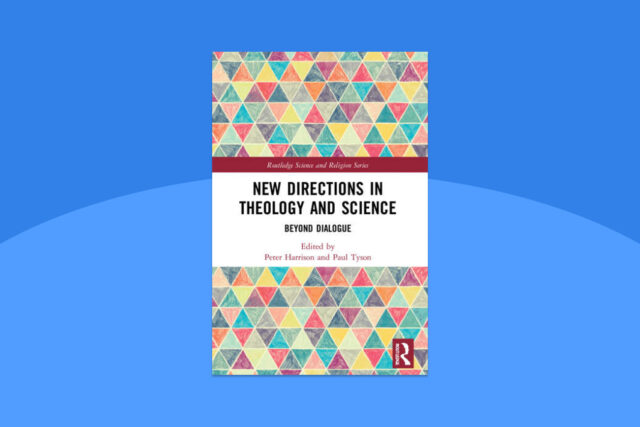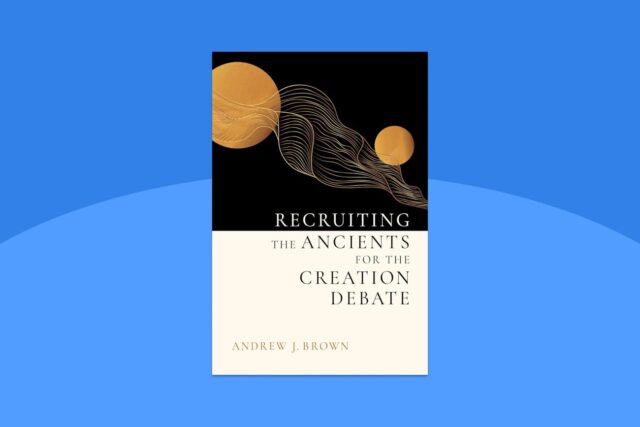
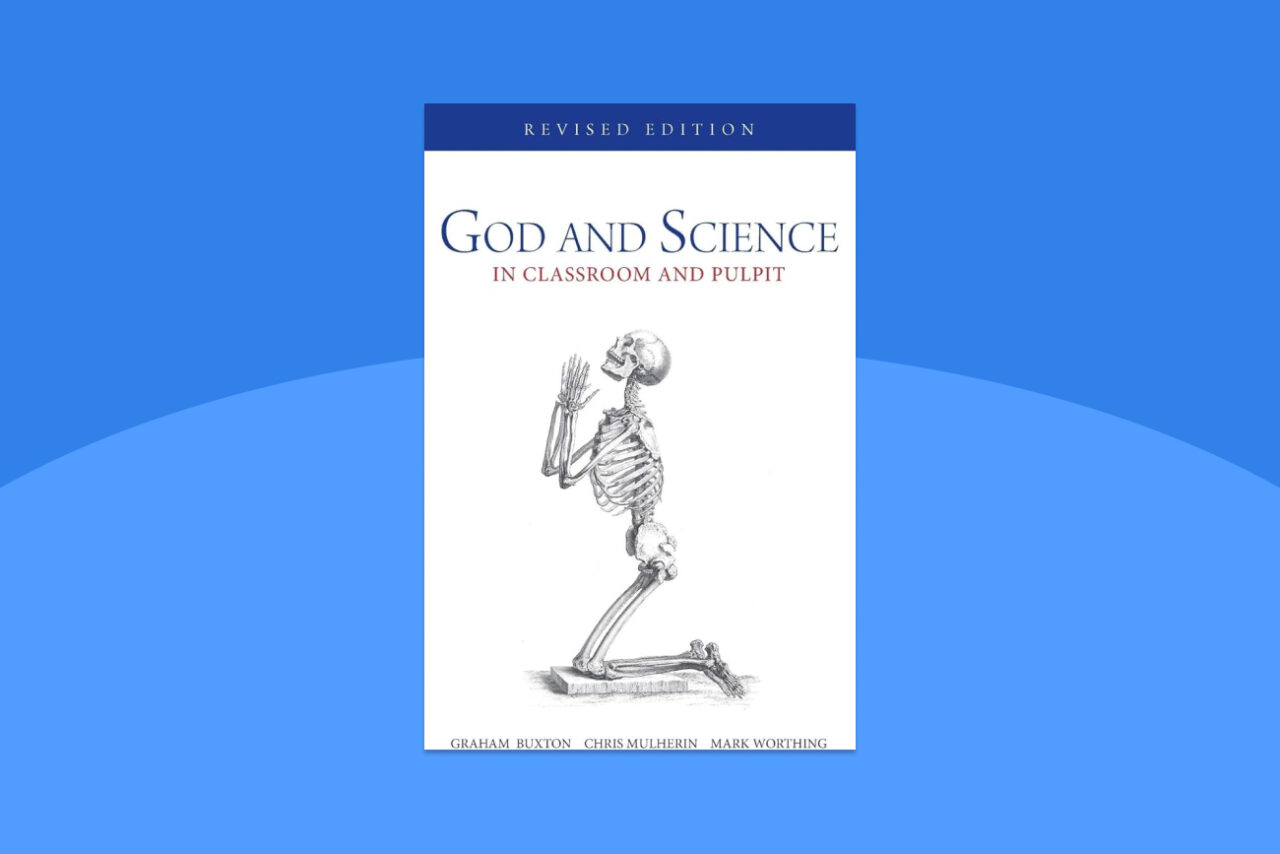
How can pastors and teachers engage with faith and science more effectively?
That’s the subject of God and Science: In Classroom and Pulpit, by Graham Buxton, Chris Mulherin, and Mark Worthing, which outlines why pastors should address science and how teachers can connect faith to scientific discoveries.
The authors, who are Christian theologians with backgrounds in science and education, aim to show that good science and solid theology can go hand in hand.
So, does the book deliver? According to reviewer Charles Sherlock, it does.
“This short book’s distinctive contribution to reflecting on God and science is its focus on teachers and preachers, in Australian contexts, a task it does well but could do better,” Sherlock writes. “That said, it offers readers with a wider interest practical and care-full insights into seeing science positively through Christian eyes.”
The book begins by exploring how science and faith relate, with Mulherin explaining that science focuses on how things work, while Christianity provides meaning. Buxton argues that pastors should address science due to its importance in areas like technology and creation, and he outlines three ways science and religion can interact: conflict, separation, or cooperation.
Buxton also highlights the beauty of science and its limits, discussing how science and the Bible can coexist, particularly on evolution.
Worthing focuses on how science impacts sermons and classrooms, encouraging pastors to address modern science issues. He shares his experience in schools, showing how science can spark meaningful faith discussions. He also provides a brief history of the science-theology relationship, advocating for dialogue instead of conflict.
Buxton’s final chapter explores how recent scientific discoveries, like quantum mechanics, can offer new perspectives on Christian beliefs like the Trinity.
Read the full review on CPOSAT, our journal website.
